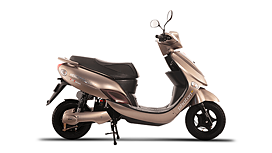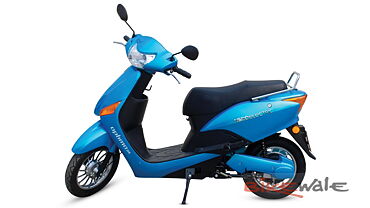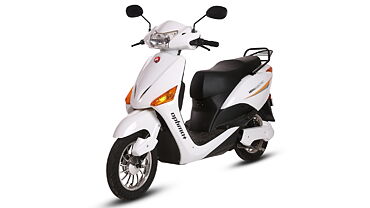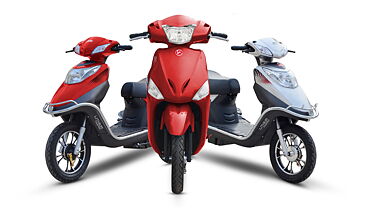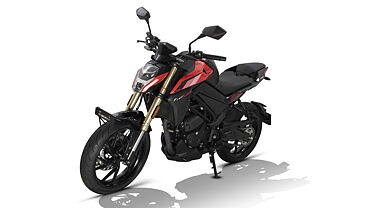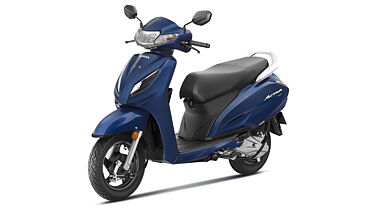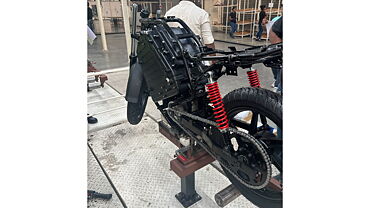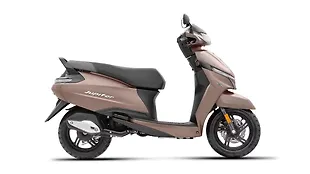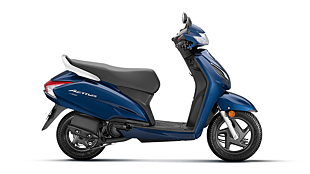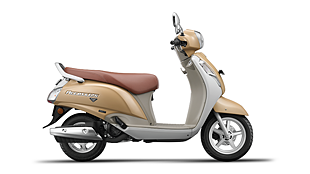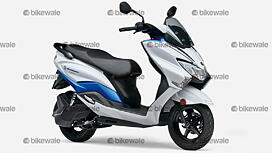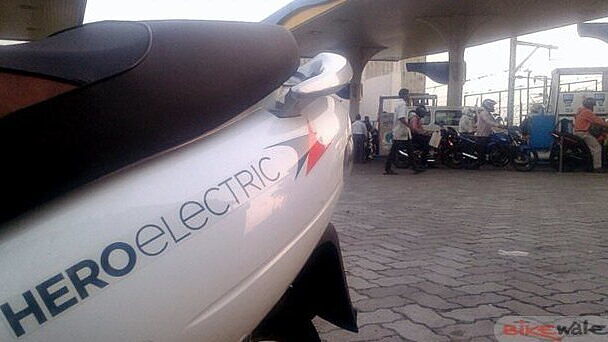
Amidst all the hue and cry about hike in taxes and cess on passenger cars, the Union Budget 2016-17 has maintained a neutral stand regarding policies for electric vehicles. The finance ministry has made no new amendments in taxes and excise duties apart from the continuation of existing concessions on import duties for another year.
Currently, electric and hybrid vehicles attract customs and excise duty concessions on specified parts of electric vehicles and hybrid vehicles. Under its Faster Adoption and Manufacturing of Hybrid and Electric (FAME) initiative, the government currently offers incentives on new electric two-wheelers of up to Rs 29,000. While there has been no change in policies, it also means that there has been no further encouragement from the government in terms of R&D incentives and import concessions for the manufacturers. Nevertheless, this means that the existing subsidies and incentives on electric vehicles will stay, while the rest of the automotive industry will have to come to terms with a hike in duties and taxes.
The Society of Manufacturers of Electric Vehicles released a statement saying – “There is no real clarity on the fund allocation for promotion of E-vehicles either or specific budgetary support for green vehicle infrastructure creation, for the year 2016-2017. The long term intent to promote greener solutions such as promotion of E-vehicle is not very visible in this year’s budgetary exercise.”
Expressing disappointment over the budget, Mr Sohinder Gill, CEO, Hero Electric said, "We expected the budget to give us long term clarity on NEMMP so that the manufacturer can plan business accordingly. There is no mention of Electric vehicle in the budget except the continuation of concession import duty that too only for one year. This has left all the manufacturers in the dilemma on the government plan on promoting Green Technology."
The National Electric Mobility Mission Plan 2020 (NEMMP) was an initiative taken by the government which aims to promote hybrid and electric mobility in India through a combination of policies. It has provisions for incentives for customers looking to purchase of hybrid and electric vehicles, promoting R&D in electric technology as well as expansion of electric charging infrastructure.
While the Finance Minister, Mr Arun Jaitley, announced the commitment for cleaner environment as of the fundamental operating principles of this year’s budget, the lack of any new incentives has left a sense of disappointment among the electric manufacturers. The extension of existing concessions might be encouraging, but the necessity for additional budgetary allocation for the support for electric vehicles cannot be overlooked. However considering that the current budget had the focus set on development of infrastructure and agricultural sector, we can expect the next budget to concentrate on individual sectors, including electric mobility solutions.

